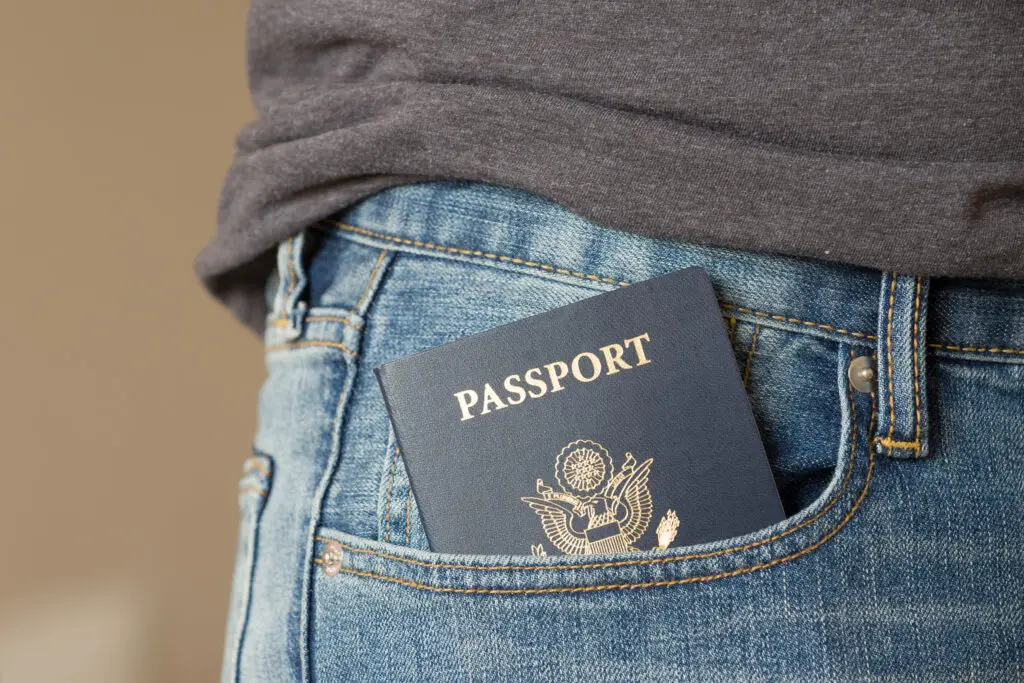The Institute of International Education is moving forward with a national grant program to provide passports to underrepresented college students in the US.
The American Passport Project will eliminate the first hurdle many students face: funding for a passport. It will cover the cost of passports for 25 Pell-eligible freshmen at each participating institution.
The project will also provide support services to promote equity in study abroad programs and support academic institutions in encouraging students to experience education in other countries.
Among 200 higher education institutions that applied for the project, 40 colleges including the University of Arkansas (UA) have been selected to receive the inaugural grant. The Office of Nationally Competitive Awards, the Honors College, and Walton College have also joined the program, increasing student beneficiaries this year to 150.
Students interested in the program are advised to meet with a study abroad advisor on September 15 at the Multicultural Center in Arkansas Union 403.
‘Providing Holistic Student Support’
Director of study abroad and international exchange at UA, Sarah Malloy, said being a part of the American Passport Project bolsters the office’s five-year strategic plan to sustain a culture of inclusivity, diversity, and equity among staff, faculty, and students.
“The passport project features holistic student support, mentorship, and requires campus-wide partnerships — from initial selection to receiving a passport, to connecting students to existing financial resources, to affordable programs, and peer support upon return,” she explained in a press release.
According to Malloy, the project will likely increase the number of students who study overseas. She pointed out a big gap between the number of students interested in studying abroad and those who actually completed a study abroad program.
In a survey conducted in 2016, 54 percent of undergraduate students expressed the intent to enroll in foreign countries as international students. However, only 17.9 percent of students completed the program.

